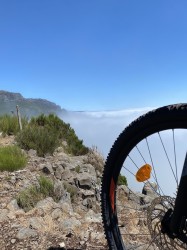BibTex format
@inproceedings{Ozan:2022:10.3397/IN_2022_0163,
author = {Ozan, DE and Magri, L},
doi = {10.3397/IN_2022_0163},
pages = {1191--1199},
publisher = {Institute of Noise Control Engineering},
title = {Physics-aware learning of nonlinear limit cycles and adjoint limit cycles},
url = {http://dx.doi.org/10.3397/IN_2022_0163},
year = {2022}
}

